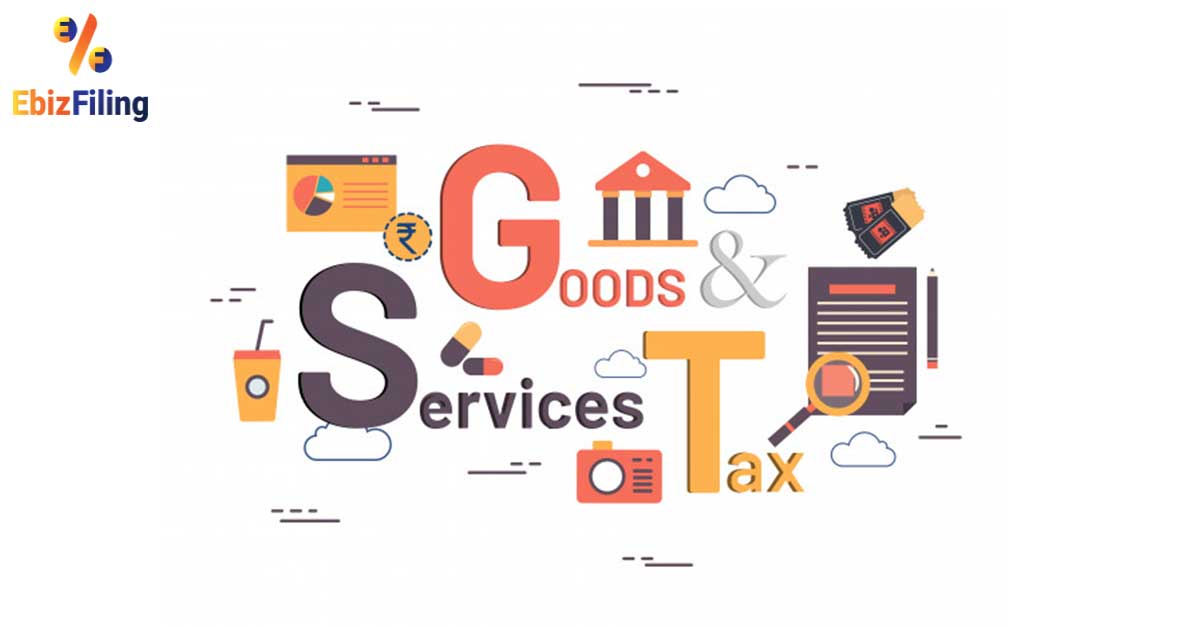Why Singapore GST Registration is Critical for Your Start-up
Why Singapore GST Registration is Critical for Your Start-up
Blog Article
Navigating the Complexities of GST Registration: Specialist Tips and Finest Practices for Easier Conformity
From figuring out registration demands to taking advantage of technological devices for structured procedures, the journey in the direction of smoother GST conformity is nuanced and diverse. Remain tuned to uncover necessary approaches and insights that can help services steer via the complexities of GST registration with skill and self-confidence.
Recognizing GST Registration Demands

In enhancement to turnover thresholds, services participating in interstate sales or giving taxable solutions might likewise be called for to sign up for GST, also if their turn over is listed below the suggested limitation (Singapore GST Registration). Recognizing these demands and limits is necessary to avoid fines and make sure smooth operations within the legal framework
Moreover, businesses must collect and prepare the required documents, such as proof of identity, address, service consolidation, and checking account information, before initiating the GST enrollment procedure. Failing to give precise details or fulfill the registration deadlines can lead to penalties or various other legal repercussions. Consequently, organizations should stay educated concerning the specific GST registration requirements suitable to their operations to keep compliance and prevent possible concerns.
Organizing Important Documentation
Businesses starting the GST enrollment procedure should carefully put together and arrange the necessary documents required for entry. The key documents generally needed for GST registration include proof of organization enrollment or incorporation, address and identity proofs of the business proprietors or companions, checking account details, evidence of primary workplace, and authorization types. Ensuring that these papers are conveniently available and arranged can enhance the enrollment process and stop hold-ups or beings rejected.
To effectively arrange important documents, organizations should create a central system for keeping and classifying the needed documents (Singapore GST Registration). Using digital storage space options can assist preserve very easy gain access to and guarantee that files are securely saved. Additionally, developing a checklist of all required files can function as a valuable tool to track what has actually been collected and what is still needed for submission

Leveraging Technology for Performance
Enhancing operational efficiency with technical integration is extremely important for modern organizations browsing the complexities of GST enrollment. One of the crucial means modern technology can assist in GST registration is through the use of automated software application remedies.
In addition, technology can promote smooth communication with tax obligation authorities. On-line websites and interaction tools enable companies to send records, resolve queries, and obtain updates in an extra reliable fashion. This not only expedites the registration process however likewise assists in maintaining clear and trustworthy communication with the appropriate authorities.
Furthermore, cloud-based storage services supply a safe system for services to store and accessibility their financial information, ensuring conformity with GST record-keeping demands. By systematizing data storage space and automating procedures, organizations can improve their total effectiveness and precision in GST enrollment treatments.
Proactive Conformity Tracking

To guarantee reliable positive compliance tracking, services need to develop useful content durable interior controls, conduct regular audits, and leverage automation devices for real-time tracking of GST deals. Regular training sessions for workers on GST conformity needs can also aid in developing a society of compliance within the organization. Additionally, involving with tax consultants or specialists can provide valuable insights and support on browsing complex GST regulations.
Engaging With Professional Professionals
Involving experienced tax obligation consultants can dramatically bolster a company's understanding and compliance with elaborate GST policies. Specialist consultants bring a riches of knowledge and experience to the table, aiding services navigate the intricacies of GST enrollment with simplicity. By leveraging their competence, companies can make sure precise filings, lessen the risk of errors, and remain updated with the newest regulatory changes.
When engaging with professional consultants, it is vital to select experts with a solid record in GST conformity (Singapore GST Registration). Seek experts who have a deep understanding of the appropriate laws and laws, in addition to experience functioning with services in your sector. Effective communication is type in this partnership, so make sure to plainly specify your assumptions and establish routine touchpoints to review progression and resolve any worries
Furthermore, professional specialists can give useful understandings and advice on optimizing your tax technique, recognizing potential cost-saving chances, and improving your compliance processes. Generally, buying specialist consultancy services can go a long way in making sure smoother GST compliance and preventing expensive blunders.
Verdict
In final thought, navigating the complexities of GST enrollment calls for a thorough understanding of the requirements, company of necessary documents, leveraging technology for efficiency, aggressive conformity surveillance, and involvement with specialist professionals. By adhering to these ideal practices, organizations can guarantee smoother compliance with GST policies and prevent prospective charges or fines. It is important to stay notified, aggressive, and persistent in managing GST enrollment to keep conformity and support monetary stability.
To make sure conformity with tax obligation guidelines, services must completely comprehend the complex requirements for like this GST enrollment. Product and Provider Tax Obligation (GST) is a value-added tax obligation imposed on a lot of products and solutions in a nation, making it vital for companies to register for GST to avoid legal repercussions.Moreover, businesses need to collect and prepare the required documents, such as evidence of identity, address, business unification, and financial institution account details, before launching the GST enrollment process. Organizations must remain educated concerning the details GST registration requirements applicable to their operations to keep conformity and avoid possible issues.
The vital papers typically needed for GST Website enrollment consist of evidence of company enrollment or consolidation, identity and address evidence of the company proprietors or partners, financial institution account information, evidence of primary location of company, and authorization kinds.
Report this page